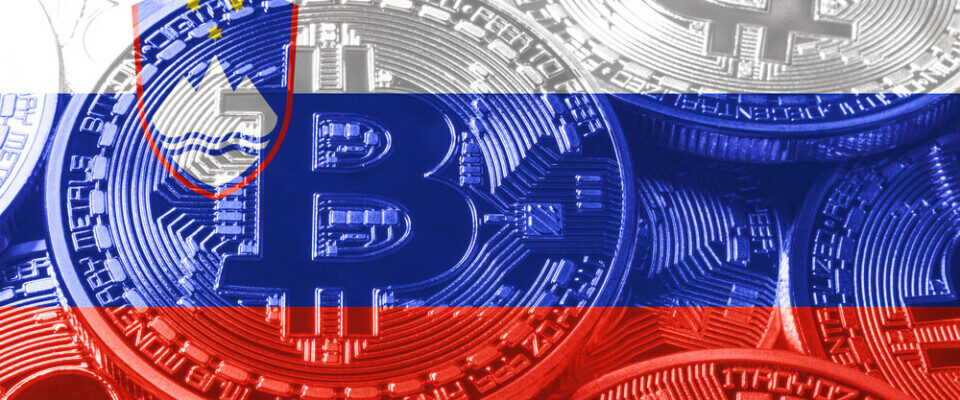In an unexpected turn, Russian legislators have chosen to abandon their endeavors of establishing a state-owned cryptocurrency exchange.
Instead, they now aim to establish comprehensive guidelines and regulations for the numerous crypto enterprises already operating within the country.
This pivotal decision was reported by a prominent Russian news outlet, and early Monday morning, Wu Blockchain’s Colin Wu shared the news with the global community on Twitter.
According to the translated report, Russia’s revised strategy involves granting the freedom for private companies to develop and operate their own cryptocurrency exchanges, fostering a more diversified and dynamic crypto landscape.
The Ministry Doesn’t Want a Single National Crypto Exchange
In a recent news report, Ivan Chebeskov, the Director of the Financial Policy Department at the Russian Ministry of Finance, made an intriguing statement.
He revealed that the ministry did not favor the establishment of a singular national crypto exchange. Instead, their vision is to implement comprehensive legal frameworks that would govern the creation of such platforms by private enterprises.
Chebeskov emphasized the importance of enabling businesses to actively participate in the crypto market while operating within a regulated environment.
By granting legal recognition and oversight to these potential crypto-exchange ventures, the Russian government aims to strike a delicate balance between fostering innovation and safeguarding the interests of investors and consumers.
What Does the Financial Markets Committee Have to Say?
Anatoly Aksakov, the head of the financial markets committee in the Russian lower house, made another noteworthy statement.
He stated that rather than creating a single national cryptocurrency exchange, the focus is now on establishing clear guidelines for the establishment and operation of such infrastructures.
Additionally, he acknowledged that these exchanges would likely be subject to new regulations to ensure proper oversight and protection for users.
According to a renowned Russian news outlet that broke the story, it is expected that the Central Bank will take on the responsibility of regulating the functioning of these platforms.
Private Crypto Operators are Optimistic
The news has sparked optimism among various private cryptocurrency operators operating in the Russian Federation.
Oleg Ogienko, representing BitRiver, a prominent cryptocurrency mining operation in Russia, expressed enthusiasm regarding the development. He emphasized that this shift in approach would aid in mitigating the risks associated with sanctions and cyber-attacks on critical infrastructure.
Moreover, Ogienko believes that it would also prevent the emergence of potential market monopolies, ensuring a healthier and more diverse cryptocurrency ecosystem.
Echoing this sentiment, Ivan Gostev, the commercial director for GIS Mining, voiced his support for the new direction.
Gostev emphasized that allowing more competitive and innovative companies to flourish would foster a vibrant environment for the development of cutting-edge solutions and services in the cryptocurrency industry.
The positive reception from these private crypto operators reflects their confidence in the newfound opportunities arising from the government’s decision.
This shift is anticipated to pave the way for a more robust and inclusive landscape, encouraging competition, and innovation, and ultimately benefiting the broader crypto community within Russia.
Russia’s Wavering Stance on Crypto
The private sector’s optimistic outlook shouldn’t come as a surprise, considering Russia’s relatively low ranking of #137 out of 180 countries on the 2022 Global Corruption Index.
Over the years, Russian authorities have exhibited a wavering stance on cryptocurrencies, creating an uncertain environment.
In early 2022, the Bank of Russia completely banned crypto payments, only to be followed by the Ministry of Finance submitting a proposal for Bitcoin regulations a month later. Subsequently, Vladimir Putin signed a law prohibiting payments in digital assets.
However, the country later explored stablecoins as a potential means to bypass sanctions, revealing the inconsistency in the government’s approach.
The latest news arrives amidst ongoing financial sanctions imposed by Western nations on Russia following its invasion of Ukraine. Despite the history of mixed signals, this development potentially marks a new chapter in the government’s relationship with cryptocurrencies.

